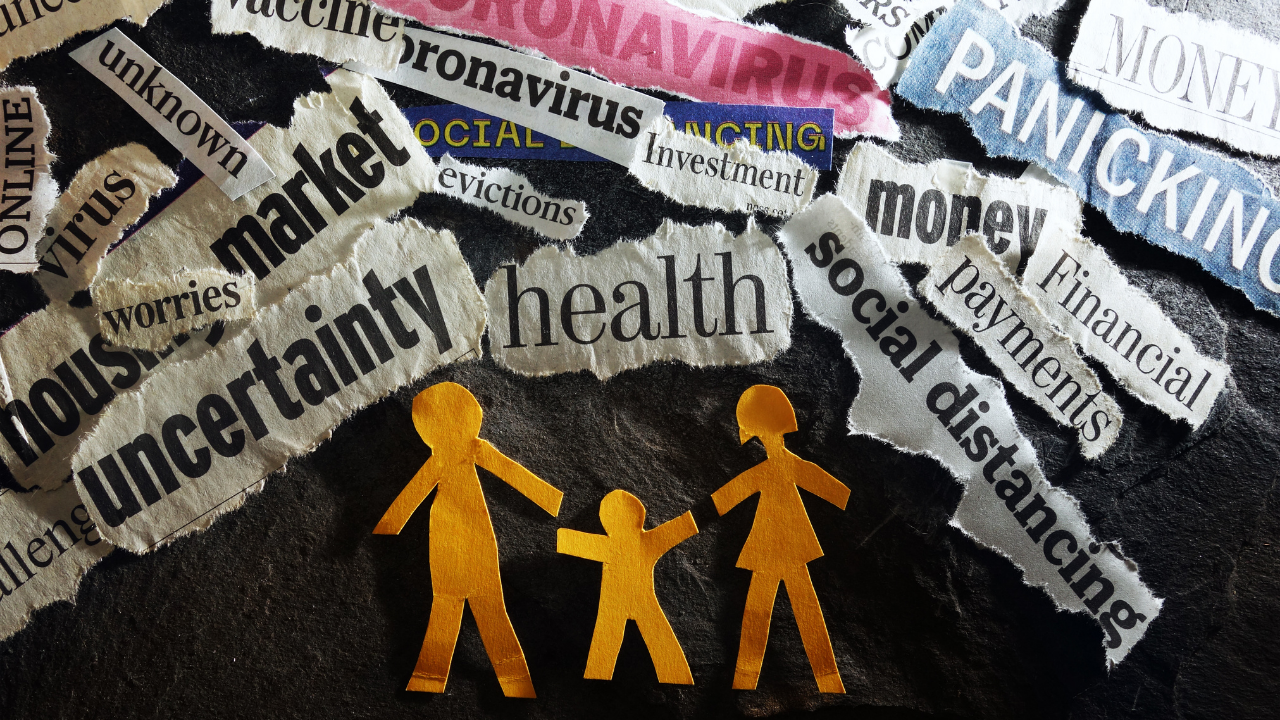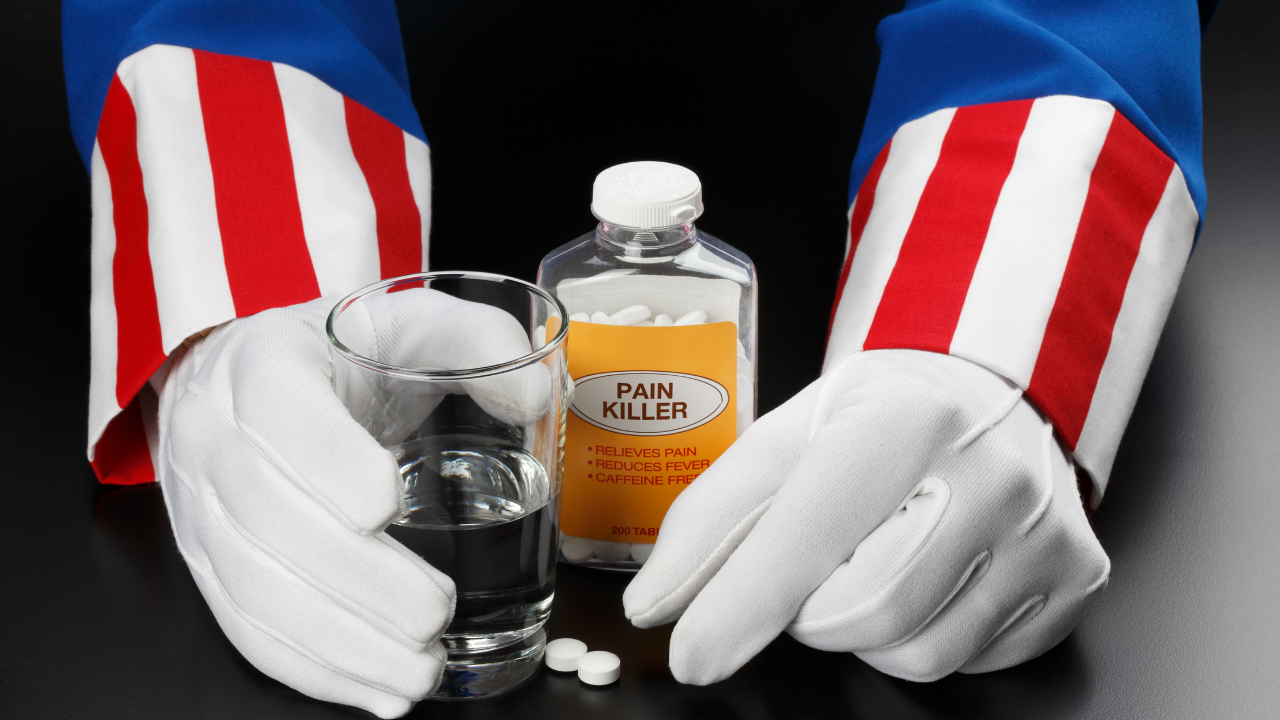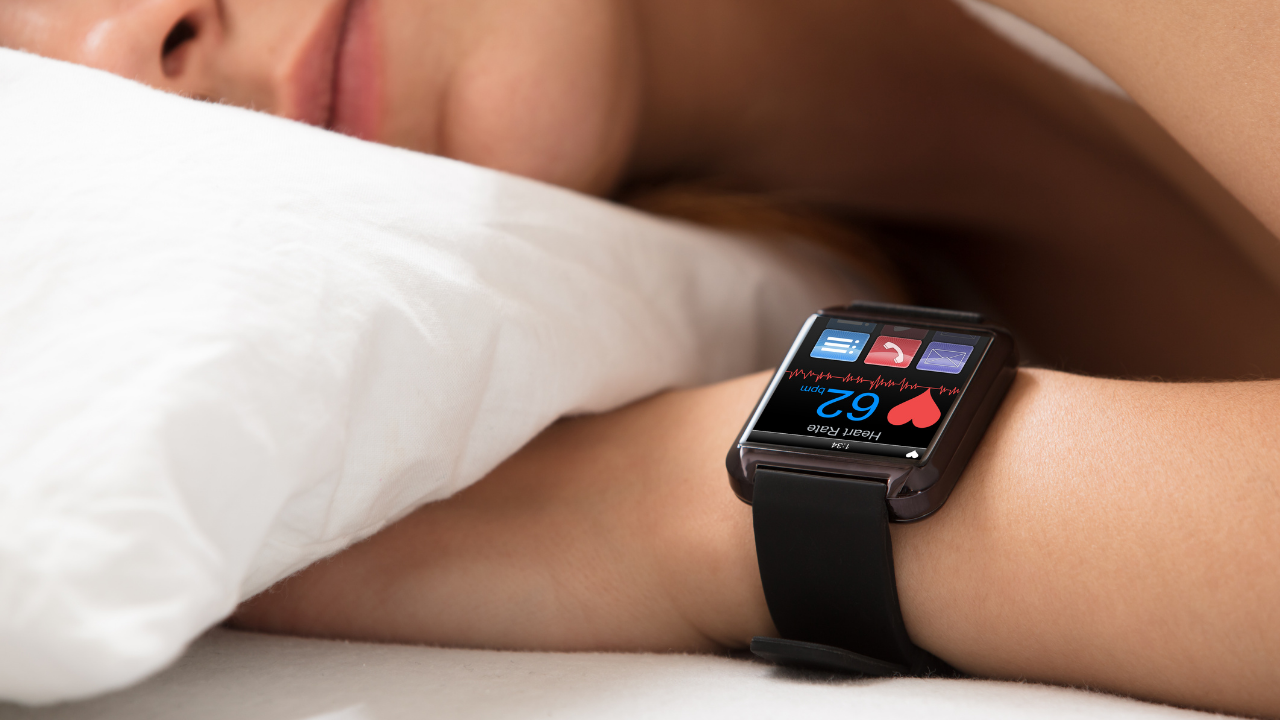Living a longer Healthier life is simple 3 - Thumper Recovery
Jan 01, 2022Hi. I’m Andy, co-founders of Foco Academy, functional health and wellness coaches. As the world starts to wake up to the new normal, a lot has changed so we are also tweaking the focus of our messaging on how to get ahead in this new environmental, this new world. We are still focusing on time, health, and relationships and we are still utilizing the same set of success principles.
I hope you want to live a longer and healthier life because, why, why wouldn’t you?
Last time I talked about the first thing on your health transcript to help you live a longer and healthier life. If you missed the last episode, make sure you watch it, with everything going on right now, knowing what to do could even save you from getting seriously sick or death.
In 10, 20, 30 years from now, do you have a clear vision of how your life will look like?
I remember how my own parents were back when they were in their 40’s, 50’s, 60’s, 70’s, and 80’s. As their child, I watched their body slowly decay, year over year, and there’s nothing I could do about it.

But I can do something for myself. I know that I don’t have to get old, sick, and weak like my own parents did. I know I can keep myself healthy and my energy level high, even as I get older. And I can also show you what to do so that you, too, can stay healthy and young and vibrant.
So, in 10, 20, 30 years from now:
Do you want to be vibrant and full of energy?
Will you be enjoying and sharing your long and healthy life with your loved ones?

Or are you still thinking about your mortality?
How long would you live?
What is your ‘healthy life span’?
What is your ‘unhealthy life span’?
Who is going to take care of you when you are old?

The media and news outlets make it sound like we are living in desperate and scary times. Because that’s what they do. The news media’s main goal is to grab your attention and the most effective way to do that is to throw the absolute worst piece of information at you. Think about it. You hear on the news that hundreds of people are dying, and immediately you feel scared. You worry about you dying also.

But what if, instead of telling you that hundreds of people died that day, they tell you about the 10 billion people that are ok?
And that on average, every day, 100 people die of various causes anyways. Accidents, sicknesses, homicides, etc. Then you’d be like, oh, ok. That’s pretty boring news.
So no. That’s not what the news would tell you. They want to keep you entertained and they do that by throwing bad news at you.
Even the government. Surely they won’t lie to you, right? But what is the administration’s number one goal? It is to get re-elected and to keep those “donations” flowing to them.
Look. If you really do believe that your government have your best interest in mind and they are doing everything they can to keep you safe and healthy, then all I’m going to say is that we’ve got work to do.

So what’s the truth? You must seek the truth yourself. You cannot simply rely on what the news media and the government choose to tell you.

There are a lot of data that is not shared on mainstream media. If you go and look at the data, you will see that cardiovascular death is high on the list if you catch the virus or if you get jabbed. Knowing this information, what are you going to do about it?
My suggestion, which is also the second metric that you should be measuring for your health transcript, is:
Your “thumper” health or your heart health.
Even before the whole pandemic craziness, most people would only check their heart health only once a year. When you do your annual check up, the nurse would most likely check your resting heart rate, your O2 saturation and your blood pressure. And in these crazy times, you may not even have had these checked for the last 2 years!
Even if you do. It is not enough. While it is good to see what your heart health is right at that moment. It is not a good indicator of how healthy you actually are over a long period of time. And more importantly, getting these measurements once a year does not help your longevity.
This is another metric that is a non negotiable. You must know this metric for yourself and it blows my mind that for most people, even though they have the ability to track this daily, and it is free, yet they don’t do it.
Are you one of those people? It’s easy to tell. Look at your wrist. The one where you wear your watch. Do you have one of those fancy electronic devices such as an Apple Watch like I do?

You see, these gadgets don’t just look cool on your wrist. It isn’t just a fashion statement and it’s not just a convenience. They are actually a lot more valuable than that.
The smart watches and smart rings, such as the Apple Watch, Fitbit, Garmin, Samsung or the Oura ring. They give you something that your smartphone cannot give you.
Your phone cannot track your heart rate continuously. These things can. They track your resting heart rate, when you are working out, and all the times in between.
Just like how the stock markets look at trends, you should also monitor the trends of your heart rate at different times:
The first one is your resting heart rate.
This is the average your heart beats per minute when you are inactive and relaxed for several minutes. The best indication of your resting heart rate is when you are sleeping which is usually your lowest reading.

Normal resting heart rate for adults is 40-100. The lower the number, the better your heart health and cardiovascular fitness. As you get healthier, your resting heart rate should also slow down.
Look at your trends. If your resting heart rate is trending up recently, then look for events that caused the increase.
If you normally have a resting heart rate of around 60 bpm and lately it’s at 80 bpm, you have a problem. It may be due to stress, lack of sleep, bad diet, weight gain or something more serious.
There are other metrics such as the HRV and Vo2 max which are also important, but we’ll cover those in a future episode.
For today, the number that I want to talk about, which is a very important indicator of your longevity and health, is your thumper recovery, or what is called your heart rate recovery.
Heart Rate Recovery, or HRR, is the rate of decline in heart rate after you exercise. You measure your heart rate right when you stop exercising and measure it again a minute later (and/or two minutes later) and subtract one from the other. The decline in heart rate immediately after exercise has been shown to be a function of the reactivation of the parasympathetic nervous system. It is accelerated in athletes and blunted in patients with heart failure.
Here’s how to accurately measure your HRR.

Start by getting your heart rate to at least 80% of your max heart rate. Your max heart rate is simply 220 minus your age. I am 51 years old, so take 220, minus 51, that means my max heart rate is 169bpm. 80% of that would be 135bpm.
So for me to measure my HRR, I would get my heart rate up to at least 135. Stop exercising and measure my heart rate. Wait 1 minute and measure your heart rate again. Then again in another minute. See how much your heart rate drops over the 2 minutes.
If your heart rate drops <13bpm in 1 minute and less than <23bpm in 2 minutes, that is a bad sign for your health.
HRR is one of the best metrics to help track of your longevity and your calendar age.
If your heart rate recovery in two minutes is
- 68 or above, then you have superb heart function and you are a lot younger than your actual age.
- 58 and 67, then you have great heart function and you are a considerably younger than your actual age.
- 49 and 57, then your heart function is very good and you are a slightly younger than your calendar age.
- 24 and 48, then your heart function average, while you are about the same age as your actual age.
- 23 or below, then your heart function is weakened and you are older than your actual age.
For you, go back and look at your workout history. You should be able to see what your HRR trends. And if you have never tracked your heart rate recovery number, I suggest you start tracking that immediately. It is that important.
I hope that by the next episode, you will have both your vitamin D levels and your heart rate recovery numbers. Next time, we will dive into more ways to simply live a longer and healthier life.
"Sign up" to be on our VIP list to be notified when we launch our "FOCO Daily program."
Until Next time Love What you Live and Live what you love
Make sure that you follow us on our Facebook page because as we work together, next year is going to be the best year of your life.
We believe that whole life success means a balance of work, health, relationship, finances and contributions. We help you achieve total success through nutrition, exercise, mindset and lifestyle. If you know someone who can benefit from this blog, share with them. Let them know that you care about them. And of course, leave us any comments below. We love to hear from you.

We are not medical doctors. This blog is not intended to diagnose medical condition, or replace your health care provider. The contents of this blog are for informational purposes only. Statements on this website have not been evaluated by the Food and Drug Administration, and are not intended to diagnose, treat, cure or prevent any disease. Always consult your personal physician before starting any fitness or exercise program or changing dietary habits. The content of this site is not intended to be a substitute for professional medical advice, diagnosis, or treatment. It is not a substitute for a medical exam, nor does it replace the need for services or counsel provided by medical professionals. However, we do hope to inspire you to become healthier, more self sufficient, and more aware of options.



